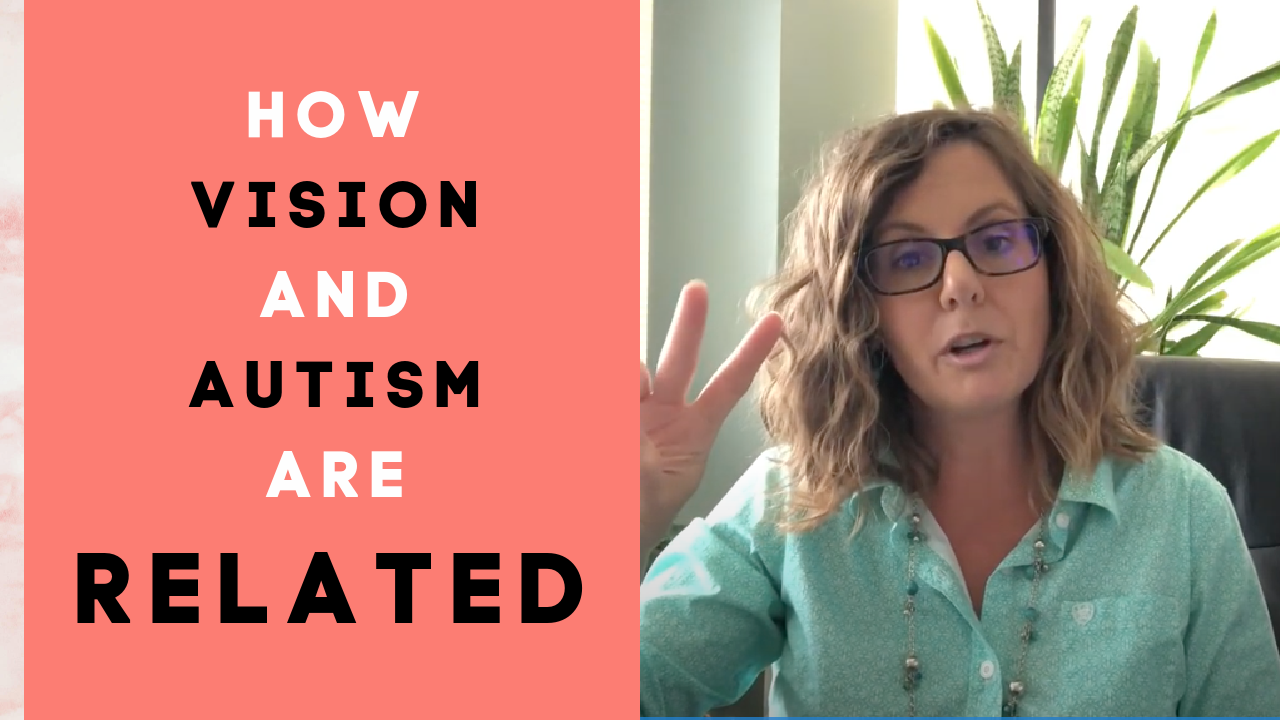Vision problems are very common in individuals with autism. Unfortunately, vision problems often go undiagnosed and untreated. Research has found that vision therapy benefits individuals with autism by improving eye-contact and gaze, central and peripheral integration, visual attention, visual-spatial abilities, balance and posture, visual efficiency, and eye-tracking. Vision therapy can also help with strabismus and lazy eye along with the other conditions.
The College of Optometrists in Vision Development brings awareness to how vision therapy can help children with autism by designating April as Autism Awareness Month. Autism Spectrum Disorder (ASD) is characterized by a varying rate of developmental skills in individuals, including their social interactions and communication. Vision problems that occur in individuals with autism can be treated with vision therapy at Vision For Life, offering a program that will enhance the patient’s quality of life while also helping to improve his or her vision.
Vision For Life’s vision therapy is a wonderful solution for treating visual problems that autism patients commonly deal with. Some of the most common vision problems that Vision For Life can treat include:
- Wandering eye
- A lack of eye contact
- Struggles with maintaining attention
- Poor depth perception
- Impulse control
- Light sensitivity
- Scanning, looking to the side of an object
- Difficulty focusing or obsessive focusing
With autism, a child usually has impaired visual processing. This can cause their motor, speech, cognitive and perceptual abilities to be affected. If you notice your child has one or more of the symptoms above, Vision For Life can help. By scheduling a functional vision evaluation, we can determine the best therapy program for your loved one.
After talking to you about the results of the vision evaluation, we can decide the best route to take for your child. Our vision therapy program may include a lens prescription if nearsightedness, farsightedness or astigmatism is present. Non-invasive therapies usually include age-appropriate exercises to help with eye-teaming, focusing, eye movements and visual processing and are used to enhance his or her brain’s ability to control eye alignment.
Vision therapy can significantly improve symptoms and positively impact your child’s social and communicative skills. With vision therapy, we can help to retrain your child’s brain and eyes so that they can properly work together. The end goal is to improve any challenges they may be experiencing with his or her vision, ultimately also improving their overall happiness and wellbeing.
Dr. Julie Steinhauer is a functional and developmental optometrist with a focus on restorative and rehabilitative vision, syntonic phototherapy and binocular vision conditions.
If your child has autism and has visual processing problems, contact Vison For Life to schedule an appointment with us at (618) 288-1489. You can also learn more about Vision For Life by visiting our website at https://visionforlifeworks.com/.
